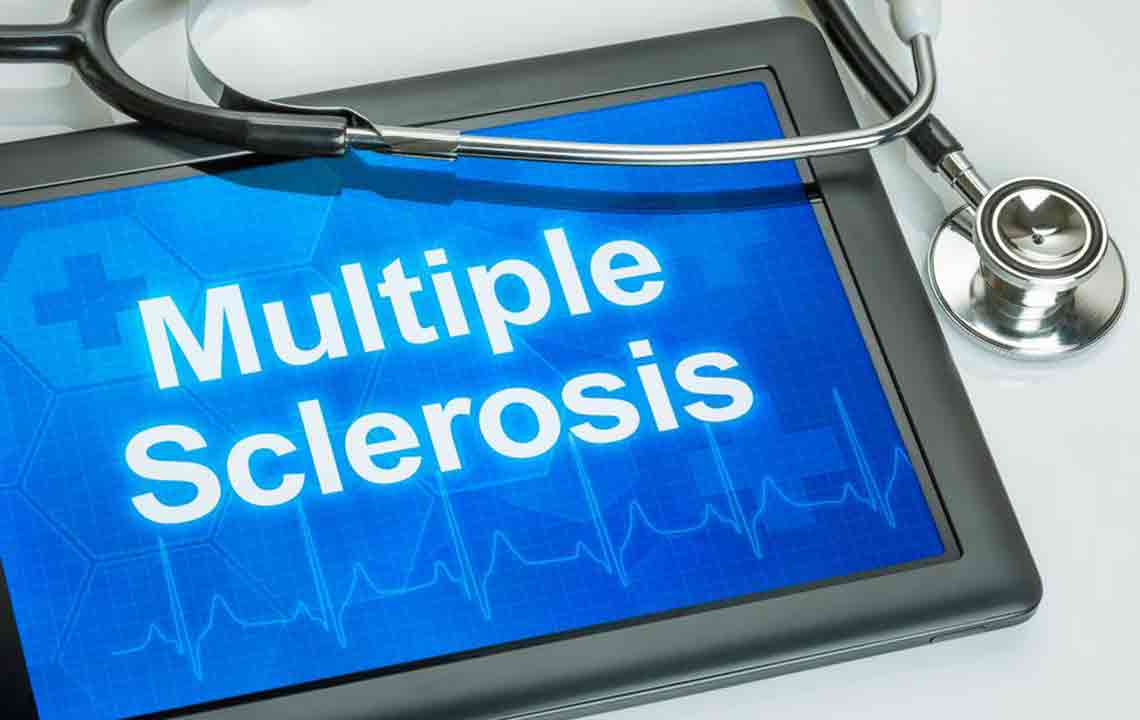Recognizing Key Signs of Multiple Sclerosis
This article highlights the key symptoms of multiple sclerosis, emphasizing early detection and treatment. It covers visual, motor, sensory, cognitive, and systemic signs, explaining the disease's primary, secondary, and tertiary symptoms. Recognizing these signs can aid timely diagnosis, helping patients manage their condition effectively. Regular medical consultation and awareness are vital for maintaining quality of life and preventing disease progression.

Multiple sclerosis (MS) is a neurological disorder primarily affecting the spinal cord and brain, but it can impact any part of the body. It results in a wide array of symptoms that vary among individuals. Some experience intermittent symptoms, while others face persistent issues. Worsening symptoms indicate a relapse of the disease. Common signs include visual disturbances, numbness, weakness, coordination problems, and urinary issues. Early diagnosis and treatment are essential for managing symptoms and maintaining quality of life. Monitoring symptoms closely and seeking medical advice can help control the disease effectively.
Typical symptoms of MS encompass blurred or double vision, cognitive difficulties, coordination challenges, tingling sensations, balance issues, muscle weakness, itching, shooting pains, bladder dysfunction, gait problems, dizziness, fatigue, and muscle stiffness. As MS progresses, speech and swallowing difficulties, brain function decline, and nerve-related pain may develop. Some patients may also experience shivering, visual discomfort, breathing problems, or sexual health impacts. Recognizing these symptoms early is vital for timely intervention.
MS features three symptom categories: primary, secondary, and tertiary. Primary symptoms result from nerve sheath damage, affecting signal transmission. Secondary symptoms develop as consequences of primary issues, while tertiary symptoms include psychological, social, and financial effects. Proper medical consultation and early treatment can significantly improve life quality and limit disease progression. Regular monitoring and care are crucial to reduce long-term impacts.
Note: The information shared on this platform aims to provide helpful insights across various topics. It should not replace professional medical advice. Always consult healthcare professionals for diagnosis and treatment of health conditions. The website does not guarantee the accuracy of all data and lists, nor is it responsible for external discrepancies or missed offers.










